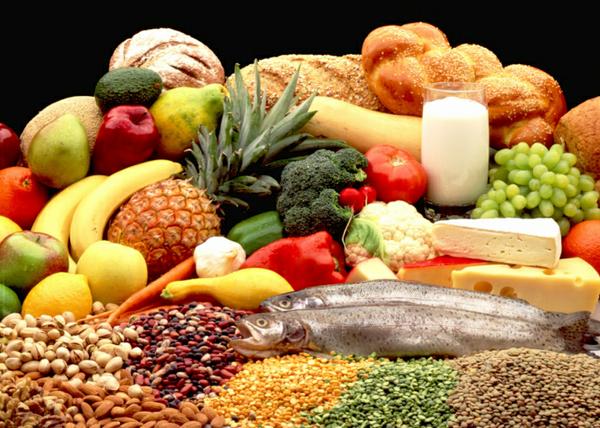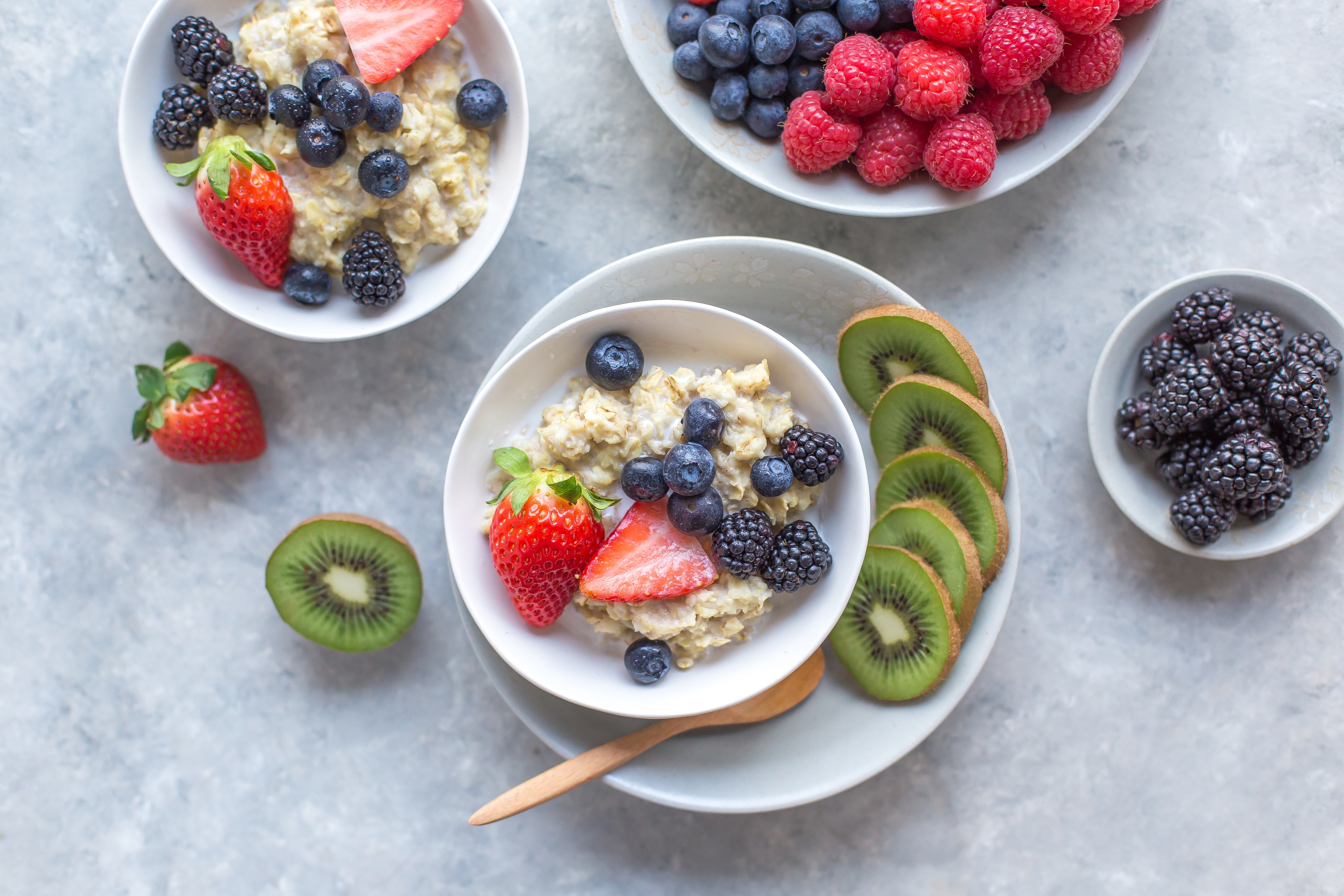
Consume coconut flesh and water but skip coconut oil and cream
More consumers today are cooking with coconut oil because of the buzz about its health benefits, but research does not support its use for heart health. Coconut oil is comprised of several types of fatty acids, including medium chain triglycerides (MCT), which are absorbed into the portal vein unlike other fats. About half of the fat in coconut oil is the saturated fat lauric acid, 70% of which is digested in the gastrointestinal tract and raises cholesterol levels.
Coconut oil is calorie-dense with 130 calories per tablespoon, and 92% saturated fat, which promotes atherosclerosis. Although coconut oil does not increase total cholesterol and “bad” LDL cholesterol levels as much as butter does, it does raise cholesterol levels more than unsaturated plant oils do. So, it’s better to eat poly- and mono-unsaturated fats found in whole plant foods, such as olives, walnuts and avocados.
Likewise, many people are swapping dairy cream with full-fat coconut milk, which is also high in saturated fat. Read what I had to say about canned coconut milk in this article published online in Eat This, Not That! Read more









